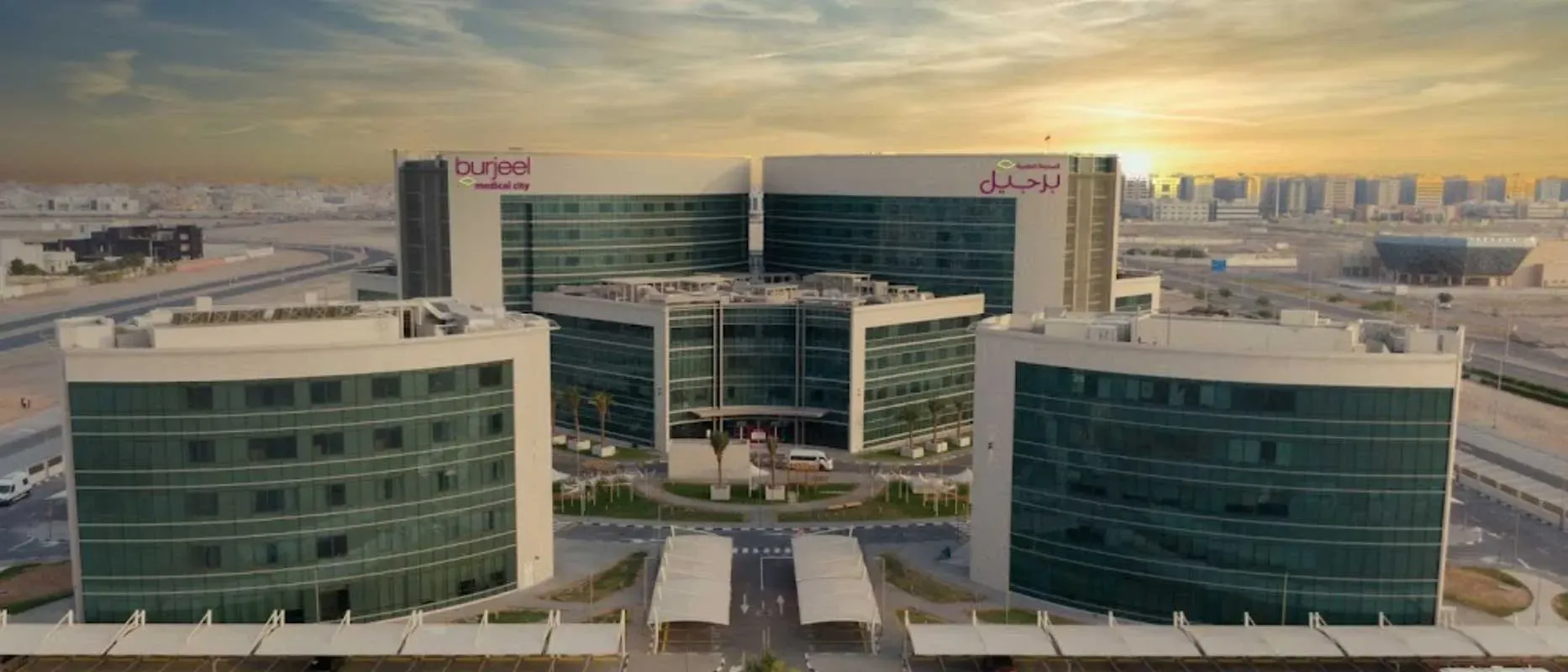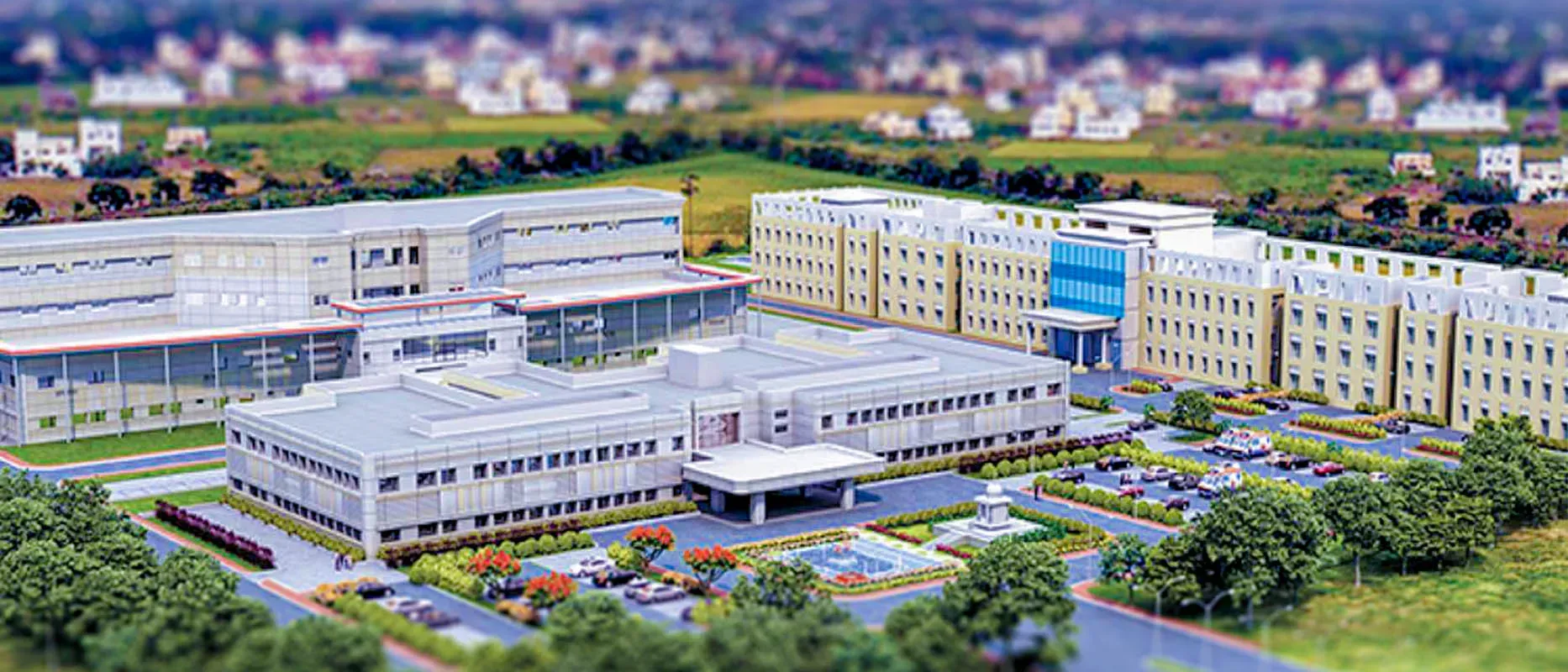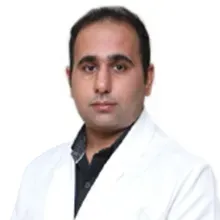Overview of Cataract Surgery Treatment India
Cataract Surgery is one of the most commonly done surgeries worldwide. Read the commonly sought-after details of the surgery before you plan to undergo the procedure.
Our eye is not just an organ but a complex system that helps us see the world clearly. It has several components that work in coordination with each other to create a picture in our brains. Amongst those components is the lens, whose function is to bend the light rays to focus on the back of the retina. In people with cataracts, this lens can be cloudy, hampering a clear vision. The only solution to this is cataract surgery. If you or someone around you has been advised of this surgery, contact Ortil Health to get it done by some of the best eye surgeons.
What is cataract surgery?
The cataract surgery purpose is to take out the clouded eye lens and if needed, replace it with an artificial lens. This is one of the safest and most commonly done surgeries.
Types of Cataract Surgery Treatment India
During the surgery
The cataract surgery procedure is usually an outpatient one and takes nearly an hour in most cases. The surgery is done in the following steps:
01. The doctors put some eye drops in the eyes as the very first thing. These drops help in dilating the pupil which further facilitates the surgery.
02. Next, your eye receives local anesthesia to get rid of pain or discomfort during the surgery. If needed, some patients are also given a sedative to stay relaxed during the cataract surgery procedure.
03. The surgery may decide to remove the clouded lens by surgical intervention and replace it with an artificial lens, or just correct the cataract in the natural lens.
Lens removal and Replacement
This procedure is known as phacoemulsification during which a small incision is made on the front part of the eye and a thin probe is inserted in the area where there is a cataract. This probe is used to transmit ultrasound waves that emulsify the cataract affected segment and help in the removal of those fragments. After preparing the remaining space, an artificial lens is placed and the incision is closed. Another method of lens removal is known as extracapsular cataract extraction. This involves making a relatively larger incision to insert the surgical tools for lens removal. This type of technique is performed in rare cases.
After the Surgery
You might feel itchiness or mild discomfort in your eye for a couple of days and it is normal. Do not rub your eye. Your doctor may advise you to wear an eye patch or a protective shield for a few days after the surgery. You may be prescribed some eye drops or oral medicines to prevent any chances of infection and reduce any pain or discomfort.
Additionally, you will be expected to see your doctor after a day or two, then after one week, and then after one month to evaluate the recovery process. After a few days of the surgery, your vision will start to improve. You may feel more brightness as you look through a new lens. However, this gradually subsides.
Cataract surgery recovery tips to have smooth and faster healing:
01. Avoid excessive physical exertion and heavy weight lifting.
02. Avoid bending or any such exercise to prevent delay in the healing.
03. Be careful while bathing or going near the water. Also, avoid swimming or hot tubs to avoid any risk of infection.
04. Avoid exposure to excessive heat, dust, or any other contaminants.
It is highly crucial to consult your doctor on an urgent basis if you notice any of the following symptoms:
01. Loss of vision
02. Pain even after taking the pain-relieving medications
03. Increased redness in the eye
04. Swelling in the eyelid
05. Flashes of light
You must stay well informed and consult your doctor to know if you need to wear glasses after the surgery.
Risks and Complications
Here are some of the most commonly occurring cataract surgery risks:
01. Secondary cataract
02. Glaucoma
03. Dislocation of artificial lens
04. Swelling and inflammation
05. Bleeding
06. Droopy eyelid
07. Eye infection
08. Detachment of retina
Consult Ortil Health to get the cataract surgery procedure from the top ophthalmologist, so that you can minimize the chances of any risks or complications associated with it.
Diagnosis of Cataract Surgery Treatment India
Common signs that indicate you may Cataract Surgery
Here are some of the most common signs and symptoms that may give a hint that you need to consult your doctor and know if you need the surgery:
01. Double vision
02. Blurred vision
03. Diminished night vision
04. Colors looking faded
05. Sensitivity to bright light
06. Halos around the lights
A cataract is commonly seen in older people. Also, it does not cause any significant impairment in its initial stages. It is only when it gets worse that your doctor will advise of the surgery. Typically, having difficulty in everyday activities such as reading, or driving is an indication that you need the surgery.
How is it done?
Here is a step-by-step cataract surgery procedure to help you stay well-informed before you go for the surgery. It is good to have an idea about what is going to happen during the surgery so that you do not get anxious.
Pre-surgical preparations:
01. You might be asked to avoid eating or drinking anything for 12 hours before the surgery.
02. You may also need to stop taking certain medications that you were taking normally. This may include aspirin, certain supplements, etc
03. It is important to inform your doctor about your medical history or any medication that you might be taking.
04. You may be asked to use antibiotic eye drops for 1-2 days before the surgery.
05. It is essential to bring someone to accompany you, who can also drive you back home after the surgery.
Before the surgery
Your eye surgeon will essentially take a thorough medical examination to ensure that you are fit for the surgery. One of the most significant examinations is a painless ultrasound of the eye to determine the size and shape of the lens. This is crucial to know the measurements of the Intraocular lens that is to be used to replace the natural lens.
Intraocular lens or IOL is the most commonly used type of lens used in cataract surgery. These lenses help the light to focus well on the back of your eye. Since these lenses replace the natural eye lens, they do not require extra care and become a permanent part of the eye.
Symptoms and Risk factors
Some of the most common types of Intraocular lens are given below:
01. Fixed-focus monofocal lens
02. Accommodating-focus monofocal lens
03. Multifocal lens
04. Toric lens
Top Hospitals for Cataract Surgery in India
Shaping the future of the healthcare institution and establishing the path to accomplishment.
Top Doctors for Cataract Surgery in India
Empower your Health with the Expertise of Leading Medical Professionals.
Treatment Costs for Cataract Surgery
Be the change and be an opportunist in transforming healthcare.
How it's Works
Guiding your Journey from Discovery to Treatment Planning and Beyond.
Discovery
Get a consultation to discover about your treatment
Pre-Treatment
Admission to the best hospital and all pre-treatment facilities
Post Treatment
Get post-treatment follow-up care with medicine fulfillment
Treatment Planning
Hassle-free treatment planning with package & cost estimations
in-treatment
world-class quality procedures and equipment for treatment


























